Today, we’re going to talk about our journeys in figuring out our queer identities, from denial to acceptance and everything in between.
I’m Becky, the founder and co-owner of All Too Creative. I realised I was bisexual around 13 or 14, but came out at 16. In hopes of helping others who may feel confused about who they are, I’m here to share my experience.
I’m Vonnie, the co-owner of the website. I’m a lesbian who realized her identity at the age of 22 (Taylor’s Version). Today, I’m about to take you through my journey in this article. I hope you will find some comfort in my words.
Childhood and Early Signs
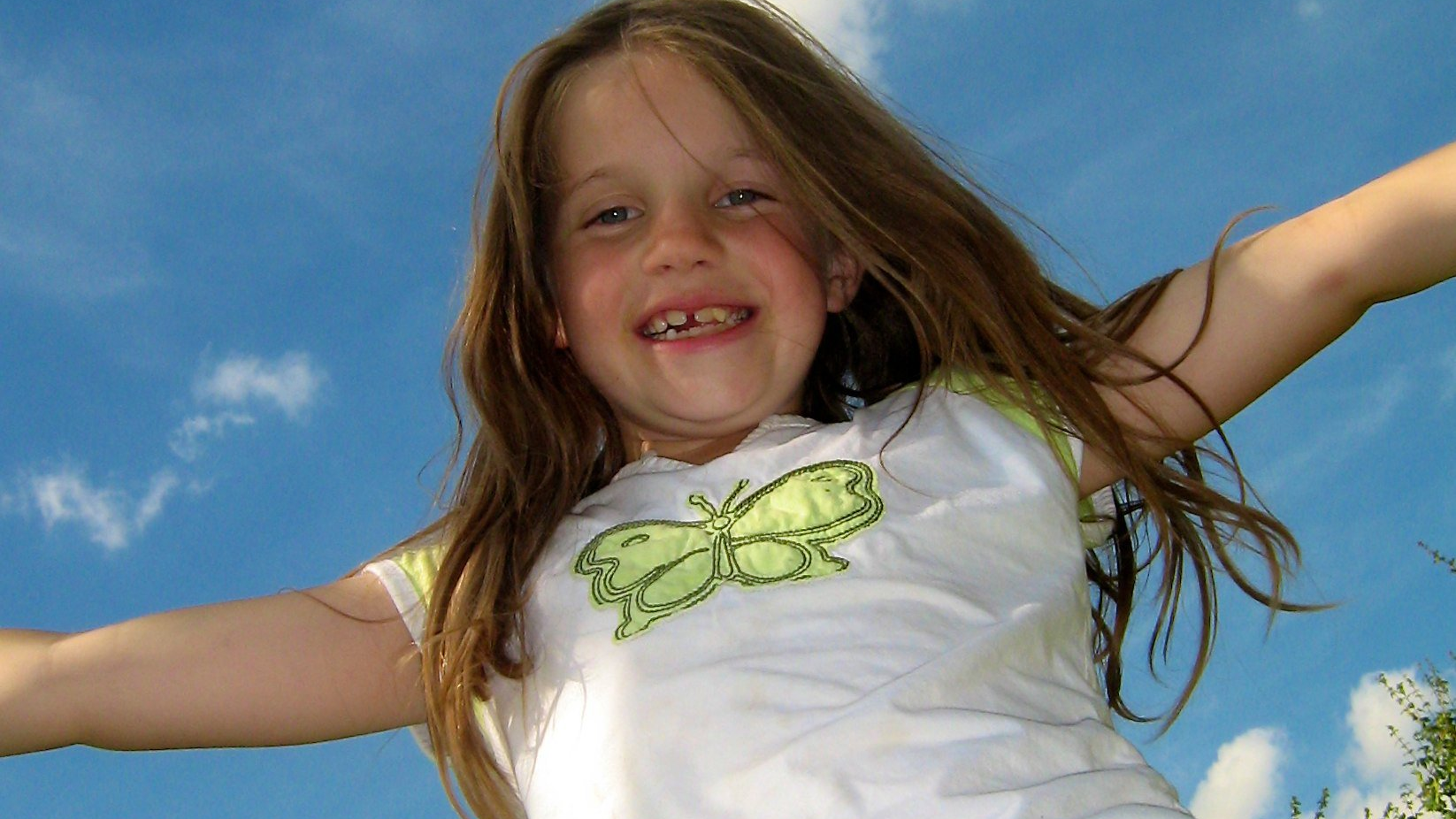
Vonnie: I had a few crushes on boys as a child but it was very superficial. A boy would be nice to me and I’d decide that I had a crush on him, but what changed was the way I reacted to their behavior towards me. While getting ignored by boys was manageable, feeling left out by my girl friends was not. I had intense friendships since kindergarten where I would take everything to heart, though it never occurred to me that what I was feeling could be a crush.
I grew up in an Christian Orthodox environment where being gay wasn’t mentioned at all. If it was, it was referring to gay men, and it was not in a good light. I had no representation of lesbianism growing up, not around me, not in the media, nowhere. There was this one music video by a Romanian singer with a sapphic romance in it, but I didn’t quite understand the concept. I didn’t grasp that two women could love each other like that.
Becky: I grew up in a Christian family and, as a child, my whole life was centered around church. We traveled Europe setting up churches, so my entire life was really engrained in it. The only mention I had heard at this point of queer people was negative. Even as a young kid, in the back of my head I knew this was wrong.
I didn’t see much queer culture as a kid until I started making new friends and binge watching TV shows. In both these contexts, I was learning more and more about the community and really came to an understanding that what I’d been taught for years was wrong. I just didn’t know yet that there was a connection there.
Teenage Years and Discovering The Internet
Vonnie: After I moved to Belgium at age 12, I found refuge on the internet. I started using Tumblr, which was about the most queer social media you could’ve been on at that time. It opened doors of knowledge for me that I didn’t know were there. As much as people like to complain about being on the internet young, it made all the difference for me. Suddenly, I was surrounded by gay content. It is there that I discovered Halsey, and what being bisexual meant.
It is there I found Hayley Kiyoko again, and watched her video “Girls Like Girls” on repeat in the dark. She isn’t dubbed ‘Lesbian Jesus’ for nothing – she made us feel okay about being attracted to women. I started learning new terms through communicating with different people and interacting with posts, and that’s when I knew there was a LGBT community in the first place. I’m getting ahead of myself though, as I hadn’t yet known I was into girls at that time.
Becky: Like I mentioned above, the moment I found a safe space on the internet, I felt like I found somewhere I belonged. It wasn’t necessarily all about queer culture, but it just became a space where I could talk about things I was interested in without being judged. Like Vonnie, I was obsessed with Tumblr. Oh, and the “Girls Like Girls” video had a chokehold on me too. I vividly remember watching that video and feeling like these unknown feelings I had about girls suddenly all made sense.
Although I was still confused about my identity, just being in a digital environment that was so open and welcoming made me feel right at home. Despite being a confused and frustrated teenager, I was starting to feel some sort of peace.
Gay Awakening
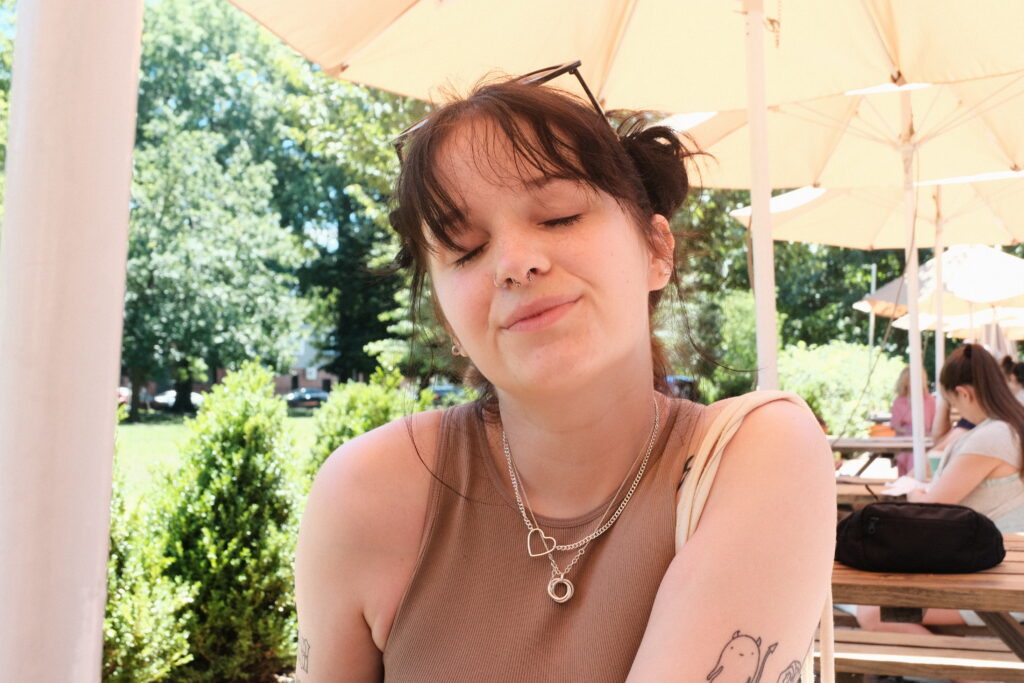
Vonnie: It wasn’t until a few years ago that I considered the question ‘how did you know you liked girls’ for a queer project I was doing for university. I hadn’t given it much thought until then, but I found the answer was easy. As a teenager, I was obsessed with Teen Wolf. I would stay up all night and watch the episodes as they went live (keep in mind, I was in Europe and the episodes would be streaming at four in the morning).
It was in season two that I developed an intense crush on the character of Erica, played by Gage Golightly. Erica was a blonde woman with strong eye make-up and red lips, dressed in leather, who could step on a man if they crossed her. I was thinking about her all the time. I could not get enough of seeing her appear on my screen, and my thirteen year-old self didn’t have much difficulty coming to the conclusion that I was indeed attracted to women.
Becky: I wish I could pinpoint the exact moment that I figured it all out, but I guess it’s never really concrete. Growing up, I remember being overly obsessed with female friends at school. I’d be, or I thought, I was jealous of them because they were pretty, kind, etc., but really it was a crush. My crushes on boys felt more linear and clear, but that’s because I knew what being straight was and had been told that only that was okay.
TV shows were a huge awakening for me. The moment I saw queer relationships being so openly represented, I felt some sort of connection to these characters. Their struggles, but also their open love, was so inspiring to me. Some notable characters that assured me of my attraction to women were Allison from Teen Wolf, Aria from Pretty Little Liars, and, of course, Santana and Brittney’s relationship in Glee.
First Thoughts and Doubts
Vonnie: After the initial realization, I didn’t question myself much. I did wonder if what I was feeling was real, since I had figured it from a fictional character and not a person I knew, but I still felt like I had my place in the Tumblr community. I identified as bisexual, as I had crushes on boys before and was convinced I didn’t need more information to be myself. What did cause the doubts was when I allowed myself to crush on other actresses, and sometimes even misinterpreted friendships for what they weren’t.
Becky: I think I was so incredibly confused at first. With my upbringing, I didn’t even know bisexuality was a thing until I saw queer culture online. So, I was having all of these feelings about women, but was still attracted to men. I’m not kidding, I thought there was something wrong with me. I’d heard of gay men and lesbian women, so what the hell was I?
I suppressed a lot of these feelings and harnessed in on crushes on boys and hyperfixated on male celebrities. Didn’t we all have an insane obsession with One Direction and, maybe this one is just me, but the entire male cast of Teen Wolf. I so desperately just wanted to be ‘normal’, so I pushed those feelings away. But, of course, they never do.
Coming Out… Going Back In
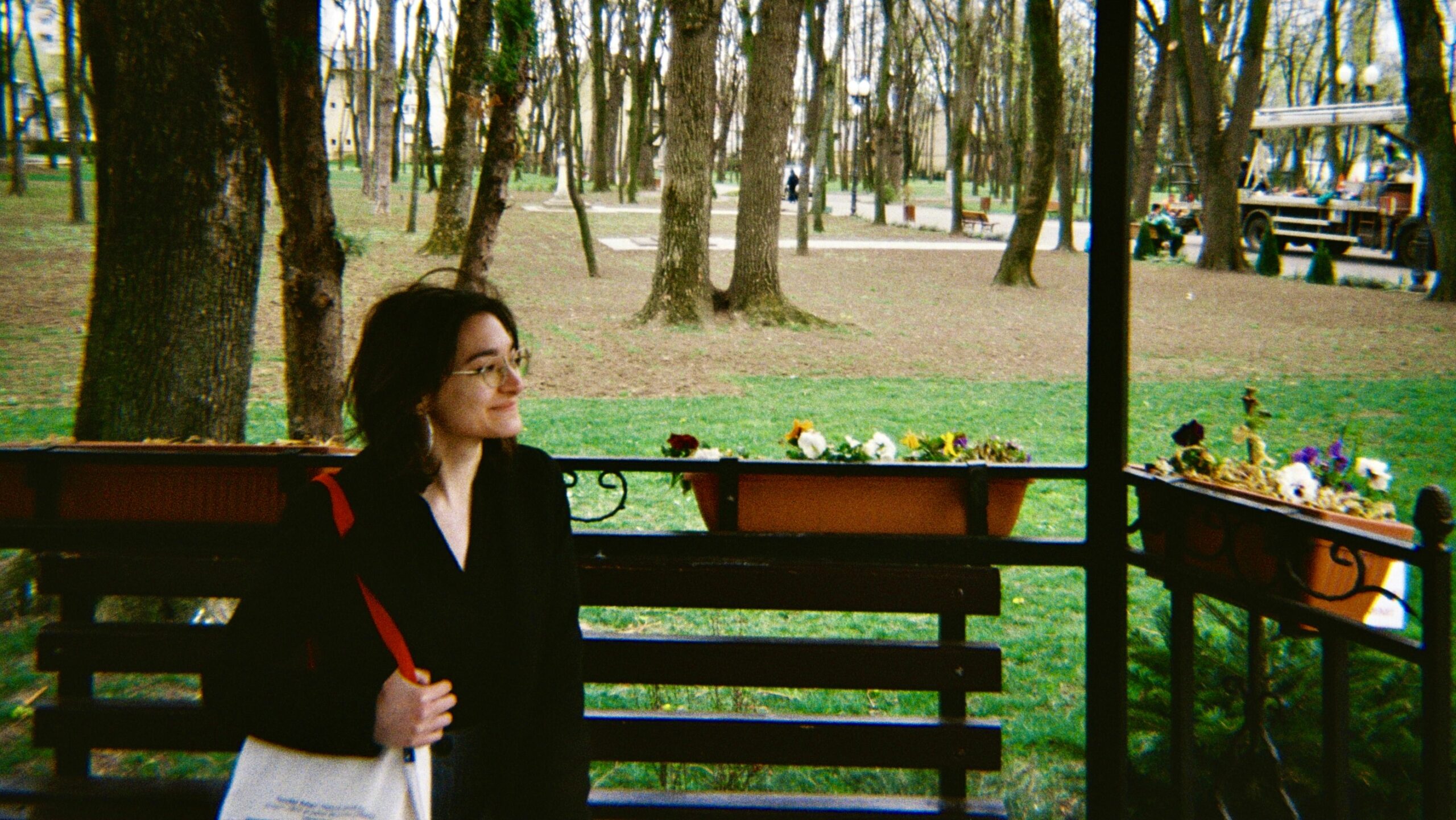
Vonnie: I decided to come out to my mom after trying to get her used to the idea of LGBT people. I would be a very passionate ally, who tried to educate and bring awareness to issues surrounding gay and trans people. My mom seemed to warm up to the idea, so during the summer when I was fourteen, I told her I liked girls like that. She didn’t take it well at all. She told me what I was thinking was sinful, and that people go to hell for being gay. I was completely shocked, because I thought we were making progress. During her long speech, she assured me it was just a phase. The next day, I took my statement back and told her she was right, and we didn’t speak about it again.
Becky: I remember being so scared about coming out, especially to my family. Although they are religious, I knew from just watching their interactions in the world that they would be accepting. Nonetheless, it’s still a scary thing. I cried for days leading up to coming out. This isn’t a story I’ve told online before, but I had a boyfriend at 15 who threatened to out me to my parents if I told anyone he cheated on me. Luckily, he never did, so my coming out story was completely my own.
I came out to my mum first and when she was so accepting I felt so relieved. All these preconceptions that I may be rejected were gone and I just felt so safe. I soon told the rest of my family, who were all so accepting. To this day, I’m so grateful that I got this experience because I know not everyone does.
Desperate for Queer Media Representation
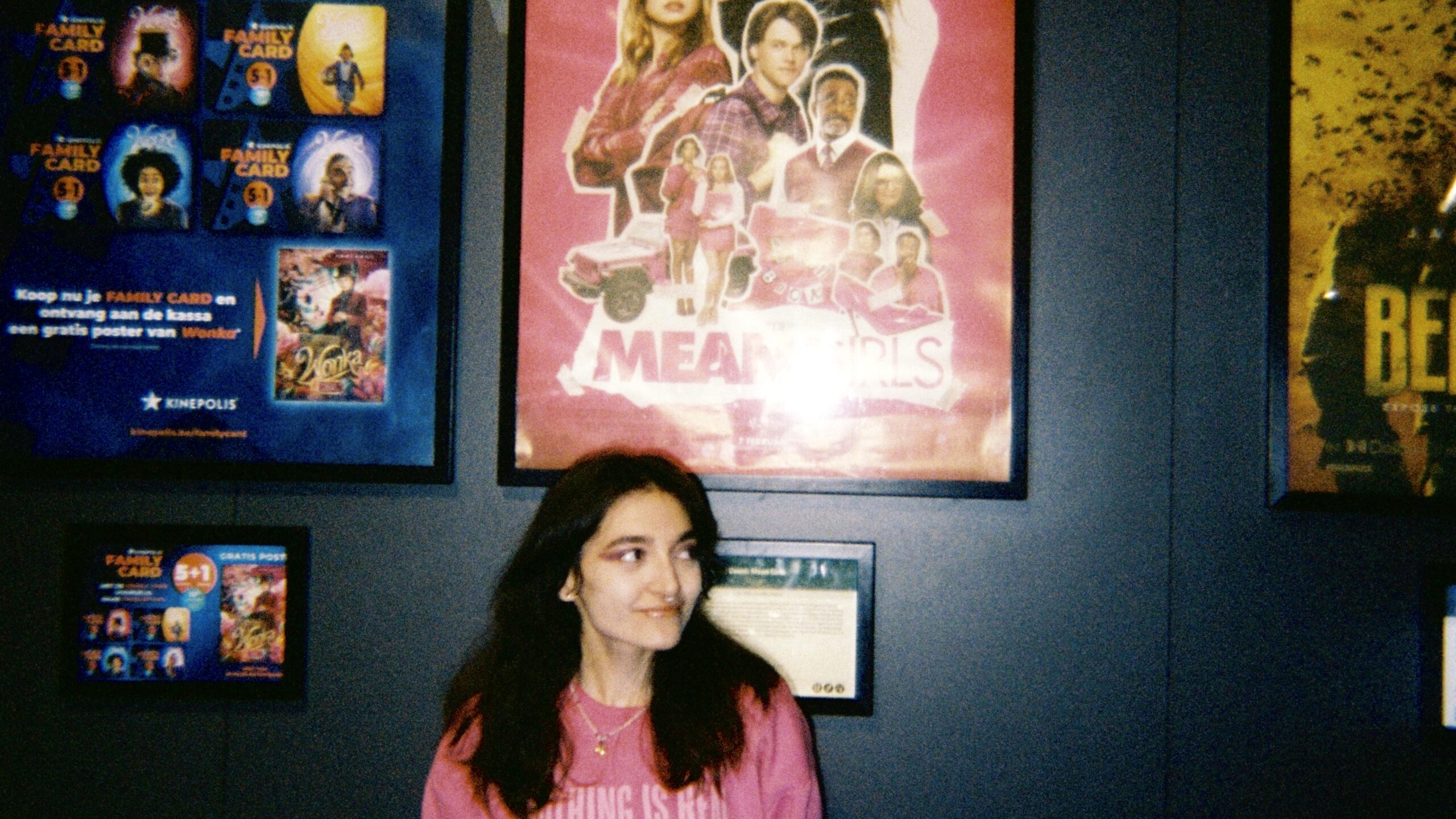
Vonnie: The reason I focus so much on media is because there was nowhere I could’ve gotten the acceptance. Since my family and friends weren’t an option to talk to, I had to find myself in television and music. I remember when Faking It was released, and how I watched that show religiously. The fact that these two girls were figuring out their attraction at the same time as I did was very meaningful to me.
I was watching Pretty Little Liars too, but I didn’t quite relate to Emily and Maya. I thought their relationship was too intense, and given I didn’t even dare look at a girl, I couldn’t imagine how I would’ve been in a relationship with one. Orphan Black was a show where I first saw lesbians in science. Their relationship was very wholesome to me, but overall I didn’t have many couples to root for at that point in time.
As I mentioned previously, Hayley Kiyoko “Girls Like Girls” was very meaningful to me. Her whole discography accompanied me throughout my most significant years. Halsey was another singer that I was so proud of having on my team (both of us identifying as bisexual), and my obsession with her music only kept growing through time. Troye Sivan wasn’t at all on the same side as me, but his music was nonetheless powerful to me. His album “Blue Neighbourhood” shaped my youth.
Becky: Because I didn’t have a lot to go off in the real world, I turned to media to find representation. I was obsessed with literally every TV show that came out in the 2010s. From Teen Wolf to Pretty Little Liars, I went all in. This is where I started to see lesbian and bisexual relationships and I felt so much peace.
Music was also a huge turning point for me. Like Vonnie, I discovered Halsey during my Tumblr era. When she came out as bisexual, I felt even more connected to her music. This was the first person I’ve looked up to who came out, so it gave me all the more courage to start accepting who I am.
Crushes over Crushes
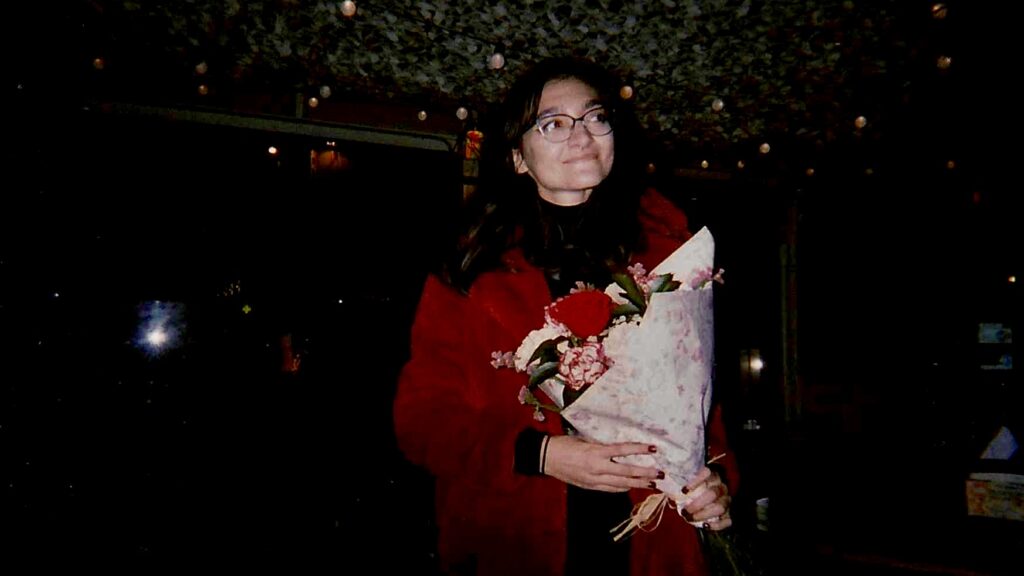
Vonnie: I always had to have a crush on someone. Life wasn’t as entertaining if I didn’t. I got crushes on my friends, crushes on people who treated me badly, crushes on unattainable people, you name it, I’ve been through every unrequited situation. Soon, the loneliness wrapped around me like a comfort blanket I didn’t want to get out of. While people my age would get into relationships, I didn’t want to try out of fear of rejection and low self-esteem. I also didn’t feel safe to be in any relationship, considering my bisexual identity could be discovered.
Becky: Like I said before, I hyperfixated on crushes on boys. This was partially to suppress my feelings towards women, but also just wanting to be like all the other girls at school. As a young teenager, people my age were getting into relationships and I felt my self-esteem dropping. Hey, maybe it’s because I hadn’t had my glow up yet, but also I was so scared of opening up about how I felt about women.
Queer Dating in University
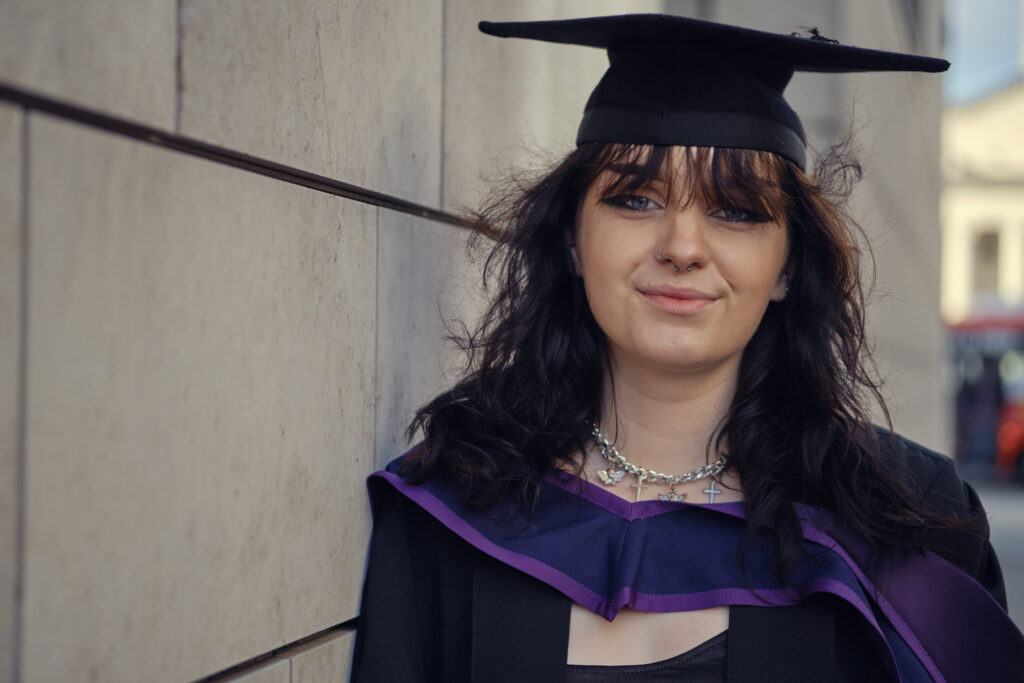
Vonnie: I went on my first date with a girl, and I immediately thought I had a crush on her (I didn’t). It’s a normal experience to think the best option is the first girl that’s mildly interested in you – however it’s not great for later. She ghosted me and I cried because I didn’t know why I wasn’t enough. It is a feeling that persisted as I got into a relationship with my first and only boyfriend. He also ghosted me (yes, while we were a couple).
I tried to compensate for these failed attempts by getting crushes on people who treated me badly, who were only into me for my body. That was when the loneliness became more apparent too. I didn’t know what was wrong with me that no one would put in the effort to be with me, when everyone else seemed to have such an easy time figuring it out. I know now it wasn’t me.
Becky: Before university, I’d only ever been with men. I don’t know if it’s because I was scared, or because I felt like I had a fresh start. Whether it was chatting to girls on nights out, or just building up the courage to swipe right on them on dating apps, I felt like I finally had the opportunity to explore who I was.
I built up the courage to go on dates with women and take relationships further, which felt so freeing. Moving from a small town to a big city really helped, as I could really be my true self without any fear of judgement.
Changes in Identity
Vonnie: When the pandemic hit, I had dated a few men and women casually. I was still talking to one guy from my university, but there was a thought that haunted me. What if I wasn’t into men at all? When I was kissing them, there was no spark. I felt nothing. When they touched me, I wanted to get away from their hands. I mistook anxiety for butterflies, and told myself it was because I was inexperienced that I felt this way. However, I didn’t feel comfortable with the label “bisexual” anymore. While I had no doubts I liked women, I wasn’t sure about men. It took me a year and a half of back and forth, of going from bisexual to queer to pansexual to queer again, to understand none of those terms described me.
Having grown up in an environment that was hostile towards lesbians, I couldn’t picture a life where I didn’t have the option of ending up with a man. In my head, I was a liar. An imposter who didn’t know who she was, and was hurting everyone in the process. What if I was wrong? What if I just needed time to find the right person? My anxiety was at an all time high. Accepting I liked women was easy, accepting I didn’t like men was breaking me.
Coming Out… Again!
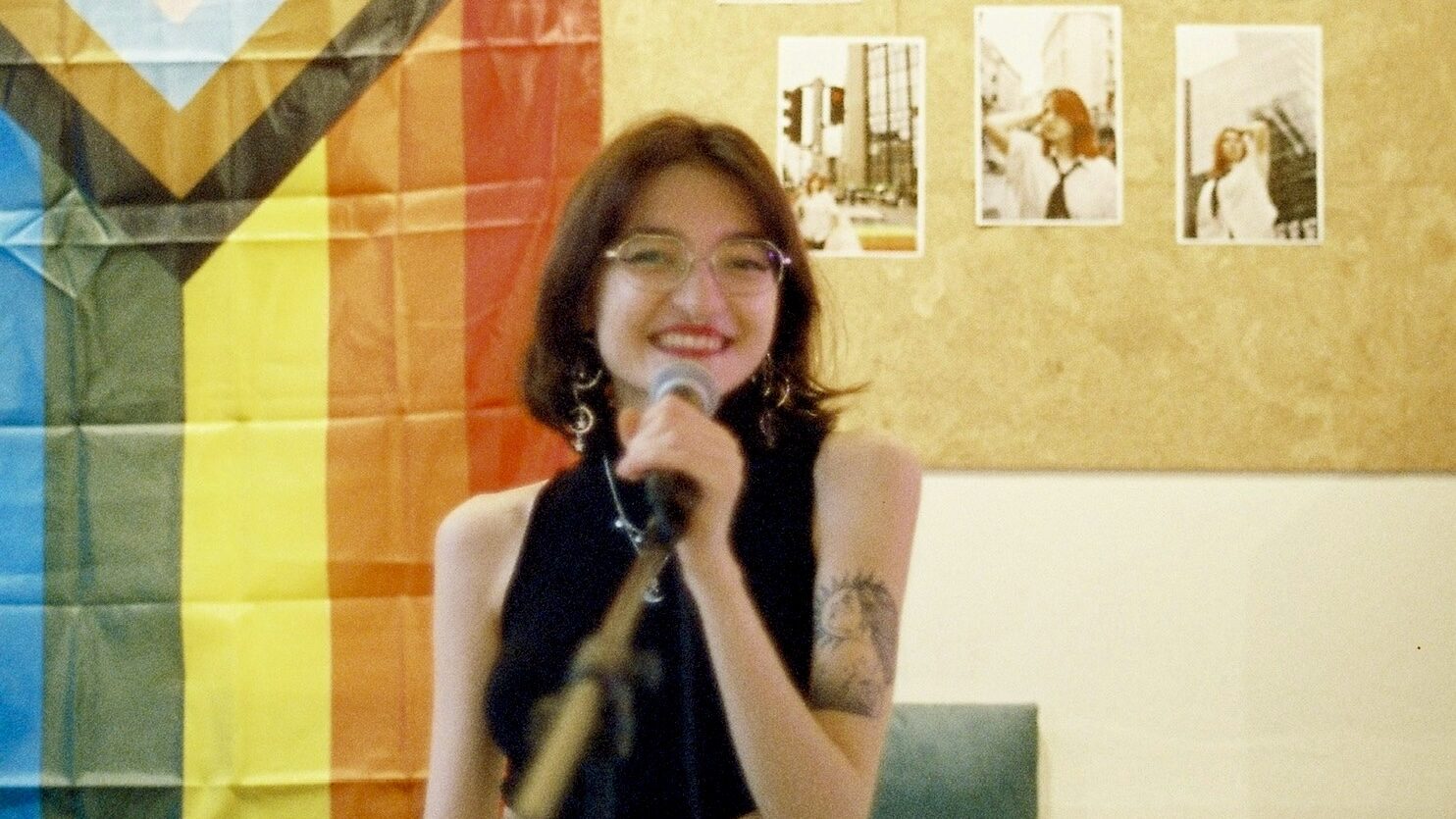
Vonnie: I was writing a documentary for my university when I finally had come to terms with my sexuality. I was a lesbian. Emotionally, I wasn’t doing well. I had to prove to all these people who previously knew me as bisexual that I was a valid lesbian, and it hurt me many times. You’ve got to develop tough skin to not let the questions and comments get to you, and I’m not sure I did. Being reminded of my history with men made me uncomfortable, and the imposter syndrome would kick in. I was still trying to date men and see if I was maybe wrong, but anytime one would suggest meeting up, I’d disappear. I’m not proud of how I acted, but there was nothing else I could do to live with myself. Being a lesbian felt like a death sentence.
When my project was affected by my secret identity, I made the decision to come out to my parents. I felt cornered – that if I didn’t do it now, I’d carry this weight for the rest of my life and I’d lose opportunities because of it. I might even become a stranger to myself. So while crying in my room, I told my mom. I told her she wouldn’t love me anymore after this, and when I revealed the truth, she was silent.
The months that followed were a test to our relationship, because of her upbringing and her faith, she could not understand why I’d “make this choice”. At one point, I even stopped talking to her. Thought I would cut her off, which made me miserable. My mom wouldn’t let go of me. No matter what I thought, she still loved me. She didn’t accept me fully, though. I’ve been told it takes time, but the wait was awful. I’m fine now, but our relationship remains complex.
What About Now?
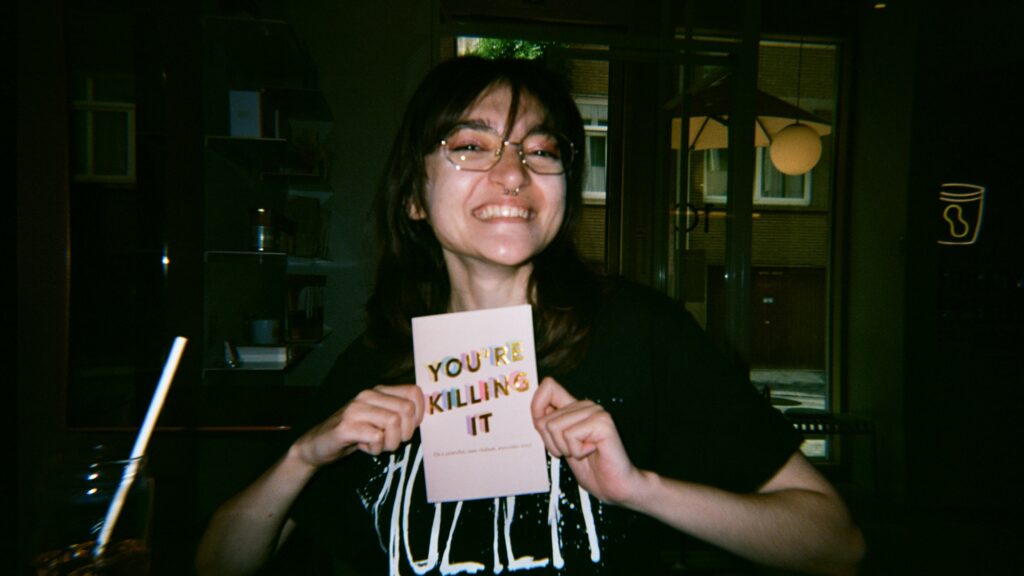
Vonnie: Every year I rewatch The Haunting of Bly Manor. I found myself in Dani’s character, and someone I loved beyond words in Jamie. Even though that person isn’t in my life anymore, she showed me I could love, and could be loved back. That is more than younger me would’ve imagined. I’m witnessing lesbian singers such as Reneé Rapp, Chappell Roan and Kehlani be out and proud on stage, making music that became the soundtrack of my days.
My relationship with my parents is a rollercoaster, but they care for me, and I care for them, and until they come to terms with that part of myself, it’s enough. I have a group of queer friends that uplift me and have meaningful conversations with. I’ve never been more vulnerable about who I am than now, as a slam poet and a writer in general. I haven’t found the one I’ll spend the rest of my life with, but I see the beauty in each person I spend even the briefest of time with. It gets better. There are more reasons to stick around than I could list, and each one of them is worth discovering.
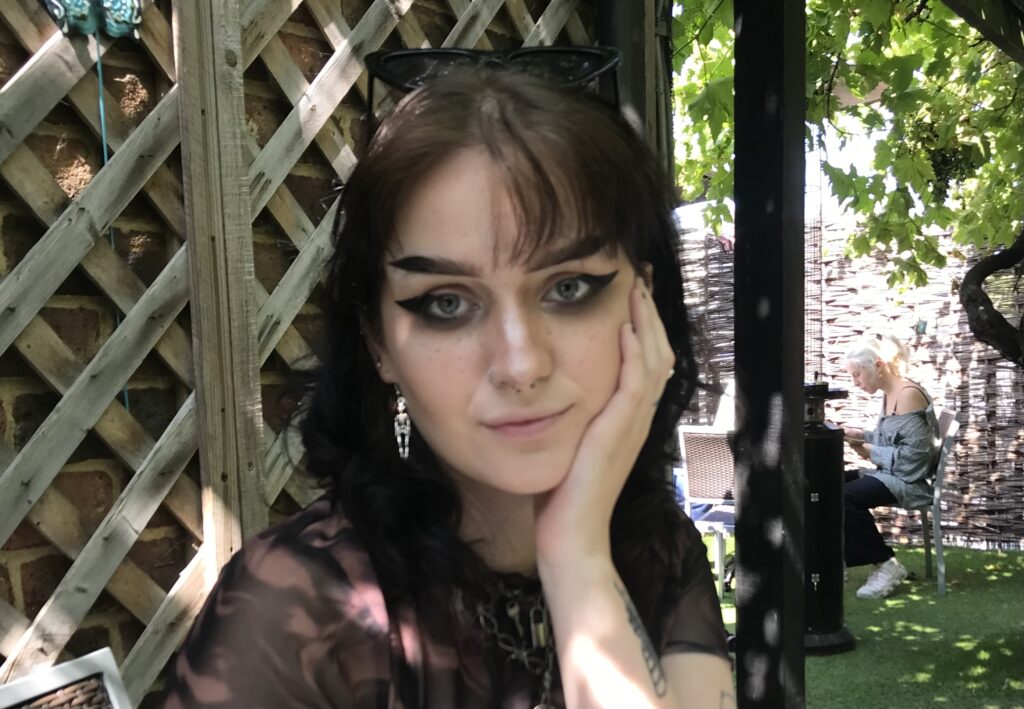
Becky: I think about my younger self a lot. She was so afraid, repressing her feelings, and felt so insecure in who she was. I’m so proud that today I get to be the person she always dreamed of being. Someone who isn’t afraid to shout her identity from the rooftops and immerse in queer culture. I’ve found so much solace in tv shows, music, and more. The way I celebrate queer culture today is for that teenage girl who felt so confused and alone.
No matter what you’ve been through, you are valid. You deserve to feel good in your skin, even if your identity changes. Even when you doubt yourself, you are loved and accepted. Even when your environment is against you and the homophobic remarks cut deep, there’ll be someone to bandage your wounds. You have a whole community to count on. As any dysfunctional family, there will be disagreements, but the love we have for each other will not falter. We hope this article manages to show you’re not alone. Even if it brings you a little bit of comfort, it is more than enough for us.
For more queer content, check out this article on the ocean as a metaphor for queer people.
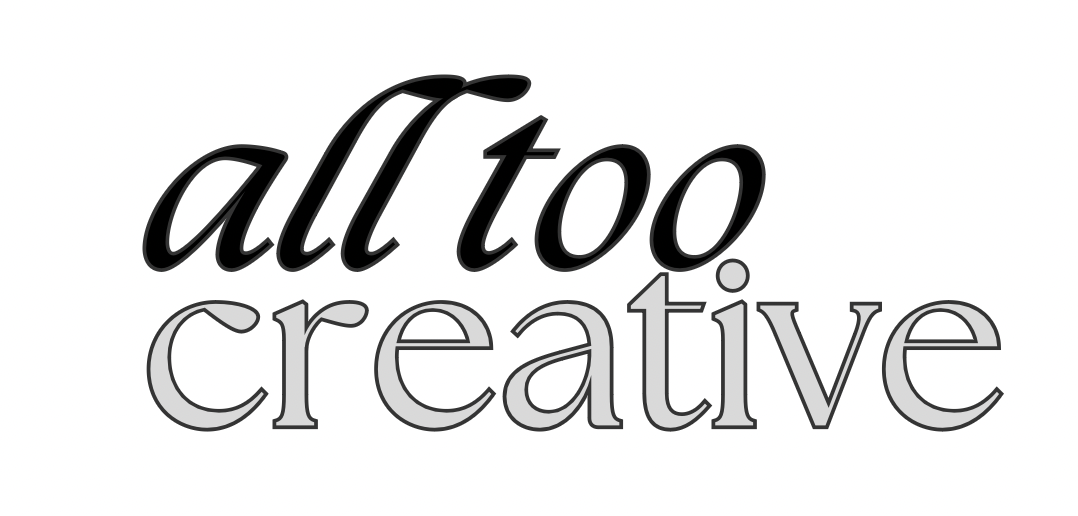
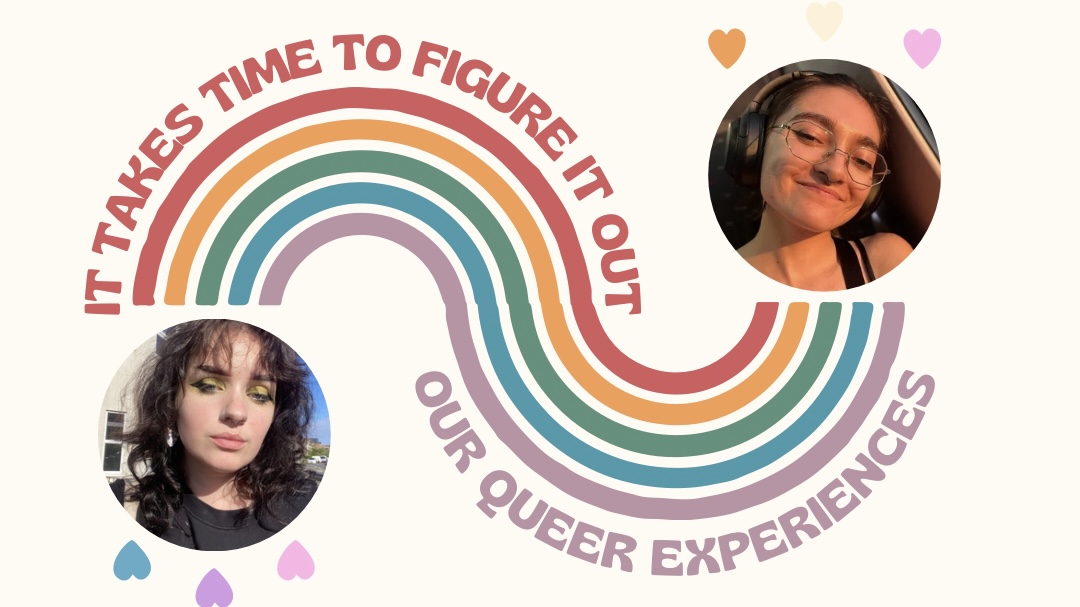
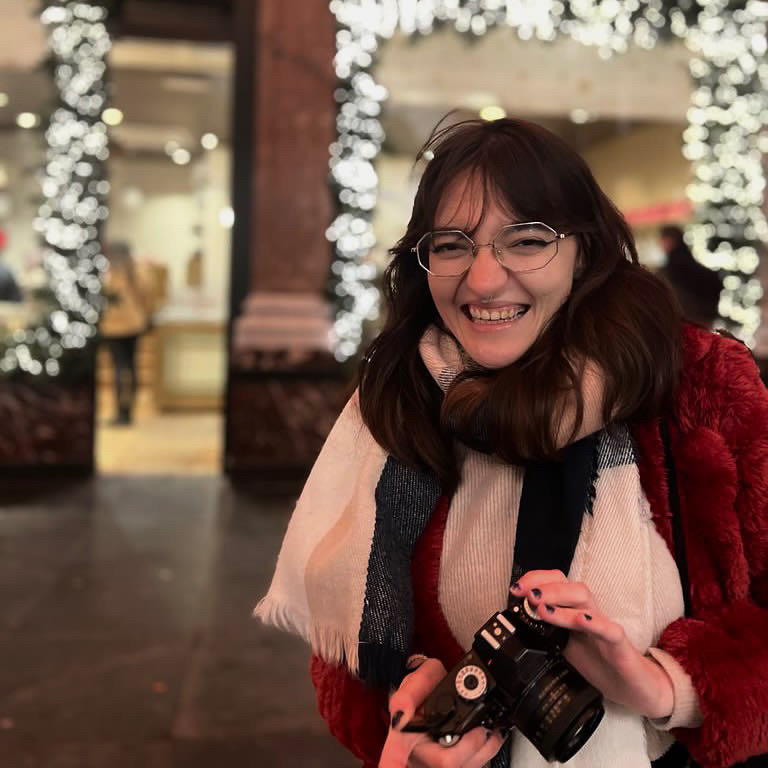
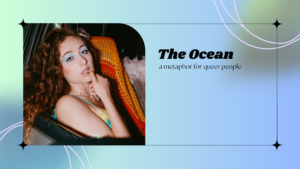

One thought on “It Takes Time to Figure Out Who You Are – Our Queer Experiences”
Comments are closed.